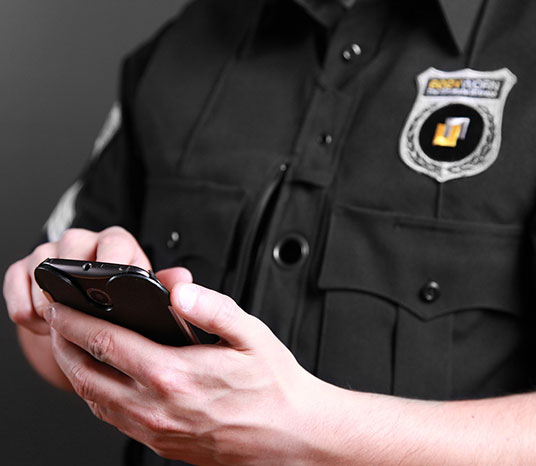Security officers are hard-working, highly trained men and women who deter crime, lead evacuations, provide information, work closely with local law enforcement and are vigilant in their efforts to keep us safe.
Security professionals help maintain safe and secure workplaces, schools, shopping malls and communities and are our country’s first responders.
The need for a strong security presence in our public spaces and in many private facilities is no longer just understood — it is the expectation. As we see and interact with security officers nearly everywhere we go, it can become easy to take their critical role for granted. It is important, however, to take another look.
These professionals have a range of skills — from the sensitivity to deal with lost children to the ability to respond to and effectively address criminal activity.
Security officers are often put in high-risk situations as they confront and detain criminals engaged in theft, trespassing, gang activity and every other manner of unlawful behavior that occurs where many people congregate on a daily basis.
Security professionals initiate emergency response plans, assist in medical emergencies and are our go-to source for everything from a missing wallet to suspicious packages.
Security officer training is extensive and aligns with both the position’s duties and the facility and industry where officers provide services. State-of-the-art training is crucial in keeping the flourishing physical security workforce ready and able to take on the daily challenges they face.
Technology now plays a large role in security services, and today’s security officers are trained to work with integrated technological security solutions, including robots, cameras and X-ray screening systems. These systems help safeguard the public, protect buildings and transportation systems and screen everything from a ticket to a truck.
Security officers must also be knowledgeable about the regulatory requirements in the industry where they provide services. Those assigned to colleges and universities must adhere to crime-reporting requirements; ports have strict federal laws regarding access control; and security officers at hospitals need to be aware of patient privacy laws.
The complexity of these requirements, combined with the need to be ever vigilant, yet customer service-oriented, creates a challenging role.
How can we honor these often unsung heroes? The second annual National Security Officer Appreciation Week is Sept. 18-24, and this is an opportunity to say “thank you” and recognize security officers’ many contributions to our daily lives.
Join in the celebration by stopping a security officer where you live or work and say “thank you” or share your thanks on social media using #ThankYouSecurity or recognize a security officer you appreciate at www.AUS.com/ThankYouSecurity.
Your kind words — during National Security Officer Appreciation Week and always — will be greatly appreciated by those who strive every day to help keep us safe and secure.
Steve Jones
CEO, Allied Universal
Conshohocken, Pennsylvania

